#Sir Percival Glyde
Text

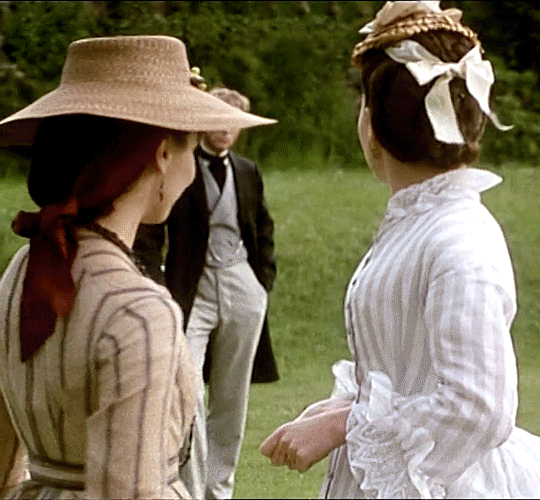

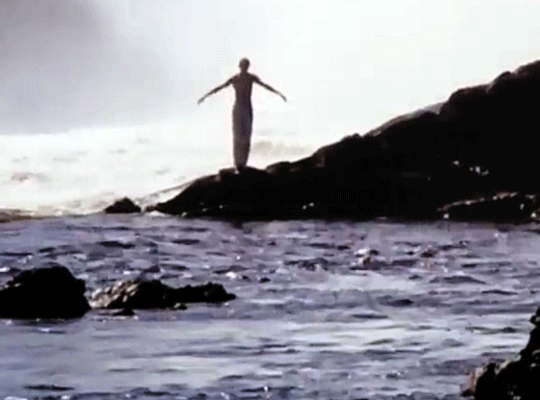
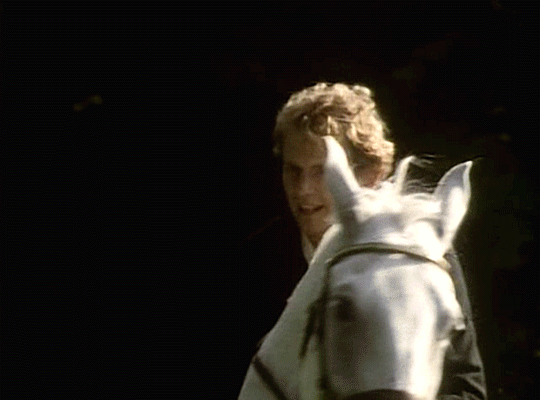
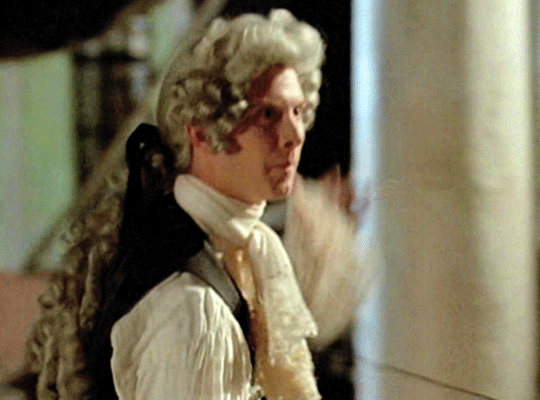
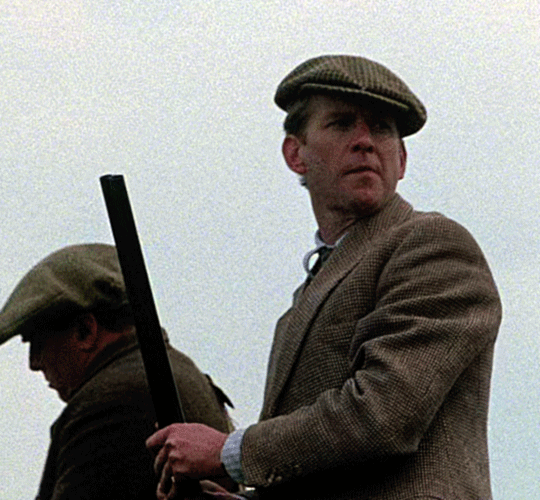
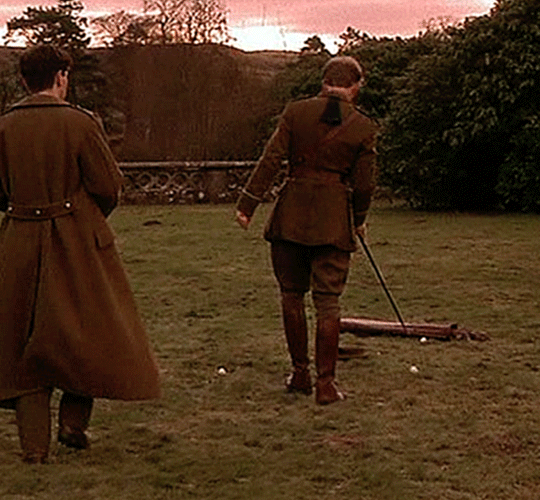
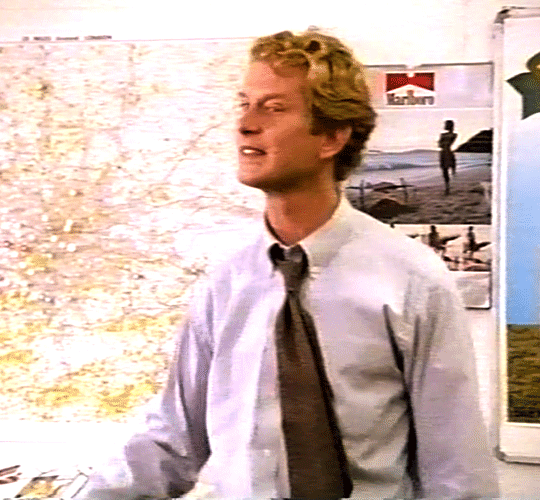

James Wilby & Sporting: Part One:
1. Maurice (1987): Boxing
2. Woman In White (1997): Croquet
3. Cotton Mary (1999): Tennis
4. A Handful Of Dust: (1988): Diving
5. Adam Bede (1992): Horse Riding
6. Caccia Alla Vedova/The Siege Of Venice (1991): Fencing
7. Gosford Park (2000): Shooting
8. Regeneration (1997): Golf
9. You Me And It (1993): Cricket
10. Dutch Girls (1985): Field Hockey
#James Wilby#James Wilby and sports#Maurice#Maurice Hall#Woman In White#Sir Percival Glyde#Cotton Mary#John Macintosh#A Handful Of Dust#Tony Last#Adam Bede#Arthur Donnithorne#Caccia Alla Vedova#The Siege Of Venice#Mildord Runbiff#Gosford Park#Freddie Nesbitt#Regeneration#Siegfried Sassoon#You Me And It#Charles Henderson#Dutch Girls#Dundine#This will definitely be in multiple parts
95 notes
·
View notes
Text

Wow. I want this book badly.
Illustrations for "The Woman in White" by Wilkie Collins by Victoria Semykina
Published by ELI 2016
More illustrations from here:

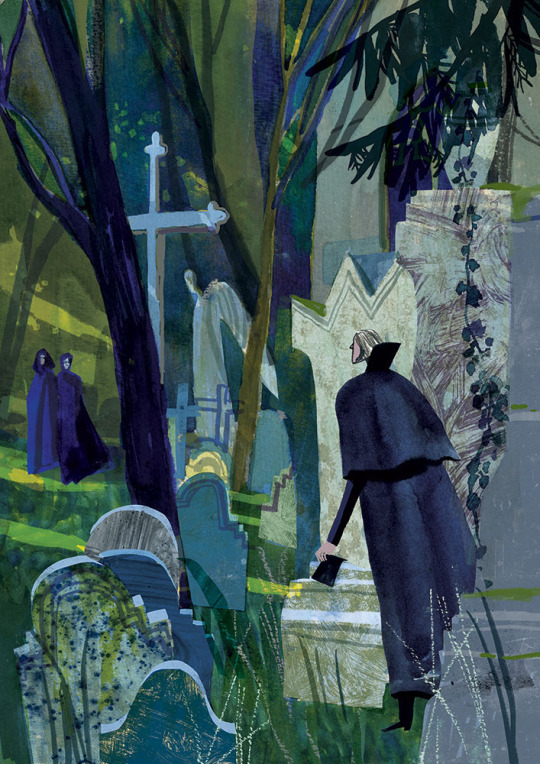


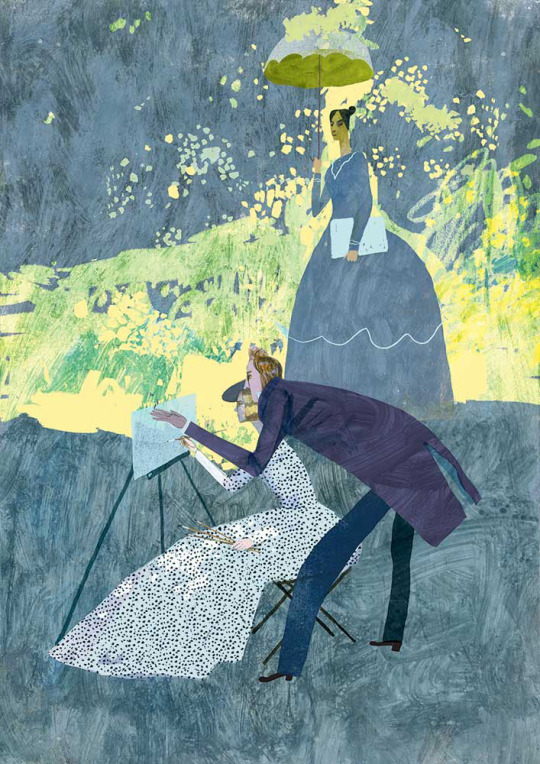
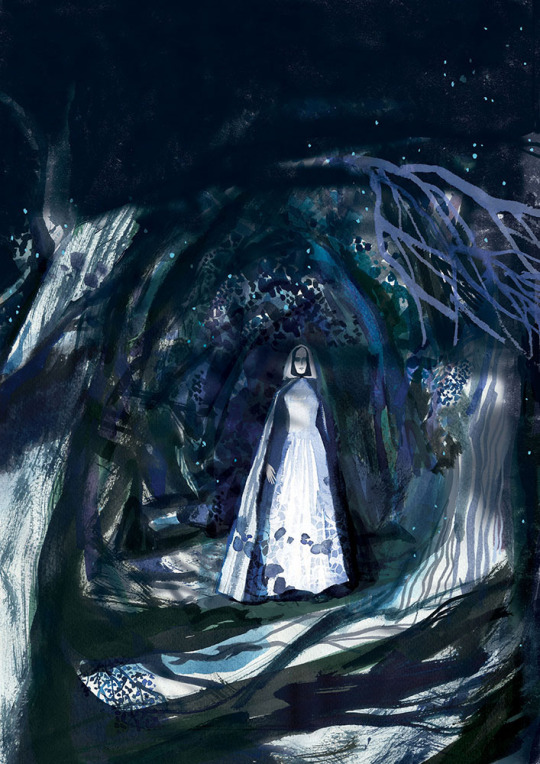
#woman in white#wilkie collins#victoria semykina#art#illustration#marian halcombe#laura fairlie#anna catherick#walter hartright#count fosco#sir percival glyde#madame fosco#frederick fairlie
55 notes
·
View notes
Text
I kind of adore how Sir Percival assuming everyone is out to get him and knows more than they do keeps on biting him in the butt. He’d get away with so much more if he just left well enough alone.
Anne wouldn’t have been able to do anything to him if he hadn’t had her incarcerated, making her his enemy and encouraging her to seek out his wife and set the trio on his track.
His extra special spies are just confirming Walter’s guesses that he’s on the right track
#the woman in white#the woman in white weekly#sir percival glyde#I’m going to reblog this more when he does it again
14 notes
·
View notes
Text

<3333 in a few weeks I'll be back in the theatre where I saw a gorgeous production of what would become one of my favorite musicals; and no matter how Wilkie Collins describes him, Chris will always be Glyde in my head
#I don't have my water bottle on me at the moment but my water bottle is named Percy#(sir percival glyde) because it's the same color purple as Chris's first costume (that is unphotographed rip)#so yeah anyway rip#ignore me#let's chat#chris peluso#💕💕💕
0 notes
Text
I have a bunch of thoughts inspired by @animate-mush and @vickyvicarious' discussion on asylums and madness in the Woman in White and Dracula, but that discussion moved on before I had a chance to add to it, so this is going to have to be a separate post.
I'm thinking about this from the perspective of Bad People vs Bad Systems.
The Woman in White is a novel what goes wrong is the fault of bad systems. Laura lives in a system - a patriarchal society - that enables bad people to take advantage of her, and denies her the means of protecting herself.
But it seems to me that Wilkie Collins doesn't quite commit to the idea. The system fails when it's abused by bad people like Sir Percival Glyde and Count Fosco. But Collins only shows things going wrong as a result of bad people in a bad system. He doesn't show that same system leading good people to do bad things.
It's noticeable when we get the revelation about Anne Catherick's parentage. Until then, Sir Philip Fairlie is presented as a good man, and Laura's slavish adherence to his wishes could be a demonstration of how the patriarchy causes even good men to make women suffer. But the reveal that Sir Philip Fairlie is Anne Catherick's father upends that: he's just yet another morally flawed man in Laura's life. He doesn't harm Laura deliberately, but through Walter's narration Collins explicitly makes the connection between Sir Philip Fairlie's sins and everything that Laura suffers.
Contrast him with Walter, our morally pure hero. Walter often doesn't seem to treat Laura much better, but Collins clearly doesn't see it that way. For instance, it's striking to me how much Walter's treatment of Laura echoes her treatment in the asylum: she's confined to one location, lied to, and infantilised. Except when Walter does it, he's a good person, and it's presented as a good thing - even as romantic.
Wilkie Collins is more interested in talking about social issues than Bram Stoker is, but Stoker is more willing to take that further step and accept that bad systems also cause good people to do bad things. Jack Seward is a good person: he wants the best for his patients, he means well, but he also uses his power as an asylum-owner to abuse Renfield. The heroes exclude Mina from their discussions with the best of intentions, but it still ends badly for them. Collins never pursues this kind of storyline with Walter - or at least he hasn't yet, and I don't think it's coming.
Overall, harm in Dracula can happen regardless of intention. Harm in The Woman in White requires intention or at least indifference. I wonder how much of this is inherent to Collins' worldview, and how much is that the idea that patriarchal norms are bad even in the hands of good men would just have been a step too far for Collins' 1860s readership.
14 notes
·
View notes
Text
Between those two young hearts I had stood, to sunder them for ever, the one from the other, and his life and her life lay wasted before me alike in witness of the deed. I had done this, and done it for Sir Percival Glyde.
For Sir Percival Glyde.
I think Marian should get to stab Sir Percival to death. As a treat.
12 notes
·
View notes
Text
I had not formed this conclusion in consequence of Sir Percival's refusal to show the writing or to explain it, for that refusal might well have proceeded from his obstinate disposition and his domineering temper alone. My sole motive for distrusting his honesty sprang from the change which I had observed in his language and his manners at Blackwater Park, a change which convinced me that he had been acting a part throughout the whole period of his probation at Limmeridge House. His elaborate delicacy, his ceremonious politeness which harmonised so agreeably with Mr. Gilmore's old-fashioned notions, his modesty with Laura, his candour with me, his moderation with Mr. Fairlie—all these were the artifices of a mean, cunning, and brutal man, who had dropped his disguise when his practised duplicity had gained its end, and had openly shown himself in the library on that very day.
so the fact that he demanded she sign a contract while absolutely refusing to let her read it, indeed, making sure she couldn't read it by covering all the text except the signature line with victorian sticky notes, isn't what made them suspicious. no, that could be explained by him being just the kind of petty asshole who would demand unquestioning obedience from laura and start slamming his hands against the desk to scare them because she's his wife and should do as he says. what made them suspicious was the way that he first tried the charm approach to get what he wanted rather than his default demand of obedience. what a fucking nightmare that they don't question when he's violent, but when he's nice.
also, this is unrelated to the quote, but my brain is just reeling at the cognitive dissonance of the attitudes in this scene. and i don't mean sir percival specifically, i mean the general attitudes including percival's insistence, and fosco's declaring that he and his wife have only one opinion (his), both representative of the idea that a wife should obey the husband (it's just that there are acceptable and un-acceptable ways of ensuring that obedience).
like, on one hand is the attitude that a wife should only do as her husband says. and yet on the other hand is the contradiction of laura having some sort of legal right that requires her consent and signature. she should submit to her husband's will, and yet the requirement of her signature means that she is taking on whatever the responsibility of that contract is. she should have no say, but she should bear the consequences of his deciding for her. it's just this catch-22, there's no way for her (or, truly, women in general) to win there. i hate it! a woman has some sort of legal right, except that she shouldn't, she should follow orders, she should be responsible for a contract. it just goes round and round in a circle of contradictions but no one acknowledges that no-win scenario except for laura and marian. the men just either pretend they don't see it (likely fosco) or truly have never examined that situation because their privilege means it doesn't affect them or benefits them (likely glyde). anyway i hate it, it makes me want to tear my hair out
6 notes
·
View notes
Text
Marian Halcombe says she had to restrain herself from punching Sir Percival Glyde, and she was probably right in the long run to do so...but if she had punched him, I believe Count Fosco would have fallen down to his knees exclaiming “That was so hot!”
#the woman in white#i'm reading it on myn own out of schedule so i don't know where everyone else is in the book#gothic literature
34 notes
·
View notes
Note
15, 38, 86 of the book asks, please :)
Hi, thank you for sending this!
15 - a book rec you really enjoyed
I want to talk about a book a friend once gifted me for my birthday: Vermillion - The Adventures of Lou Merriweather, Psychopomp by Molly Tanzer.
What's the book about: It takes place in an alternate reality in which supernatural beings such as ghosts are real. Lou is a psychopomp, someone who deals with ghosts that refuse to leave the material world. She lives with her mom, a Chinese woman, in San Francisco of the 19th century.
One day, Lou's mom tells Lou about how young Chinese men are vanishing and essentially tasks Lou with finding out what is going on. Lou's research is leading her to a sanatorium called Fountain of Youth, in the Colorado parts of the Rocky Mountains. But it's not all as it seems and especially Dr. Panacea, the owner of the sanatorium is very suspicious...
What I love about it: Everything?? Let's start with the setting: The US of the 19th century mixed with suernatural elements (ghosts, talking bears etc). The plot is very well crafted and always keeps me on my toes whenever I read it. Did I mention it's also pretty queer? Ever since I've first read it, I wished there was a sequel or more books in this world, but it's a standalone.
38 - your favourite series
I've considered a couple different series for this one, but I've decided to recommend The Memoirs of Lady Trent's Memoirs by Marie Brennan.
Basically, take Maggie Smith's character from Downton Abbey (along with the aesthetics of Edwardian/Regency/Victorian England) and put her in a Fantasy series of five books about a young woman who is set on becoming one of her countries foremost expert on the natural history of dragons.
The series follows Isabella's life from her teenage interest in dragons, to her first marriage, to her expedition to the Green Hell, to her voyage on the Basilisk, to the desert of Akhia, and finally to what (or rather, whom) she discovered in the Sanctuary of Wings (a twist so shocking, this book might as well have been an answer to the next question!)
86 - a book with an insane plot twist
Another question that made me consider multiple books. I wanted to make sure it really *is* a really good plot twist. Is it only "insane" if you don't see it coming? But maybe that doesn't really constitute good writing.
It's ultimately come down to a tie: The Woman in White and The Moonstone, both by Wilkie Collins - a 19th century English novelist, so these books take place in that time period.
The Woman in White follows 28 y/o Walter Hartright, an art teacher who finds himself employed by a gentleman named Frederick Fairlie and falls in love with Mr Fairlie's niece, Laura. She looks stunningly similar to a woman Walter met when he was travelling to the Fairlie's house, who dresses all in white and claims to have been unfairly put in an asylum by a baronet named Sir Percival Glyde, who is also engaged to Laura Fairlie.
The Moonstone is the story of Rachel Verinder, a young woman who inherits a precious gem (aka the Moonstone) from her uncle. The uncle is estranged from the family b/c he stole the diamond after the Siege of Seringapatam when he was a soldier in the British East Empire company. On the night following Rachel's 18th birthday, the Moonstone is stolen from her rooms).
So if you love a good detective novel - these books basically inspired the genre!
1 note
·
View note
Text
Between those two young hearts I had stood, to sunder them for ever, the one from the other, and his life and her life lay wasted before me alike in witness of the deed. I had done this, and done it for Sir Percival Glyde.
- Marian Halcombe, The Woman in White, Second Epoch: Part 5
I can sort of understand why Marian feels guilty about this, but also I can't help but think things would have turned out pretty much the same, even if she hadn't taken such an active role in breaking Laura and Walter apart? I don't know, Laura just seemed to put a lot of stock in the idea of her father's last wish, and I don't think Marian refusing to be the one to have the conversation with Walter would have made a difference to the eventual outcome.
#i suppose 1 thing that would have changed is that that walter likely wouldn't have been able to go abroad without marian putting in a word#but otherwise i can't see her not being so actively involved making that much of a difference#but yeah i can see why she 'repents' it all the same#marian halcombe#laura fairlie#walter hartright#walter x laura#the woman in white#the woman in white weekly#2nd epoch part 5
7 notes
·
View notes
Text
It announced that Sir Percival Glyde had been definitely accepted, and that the marriage was to take place, as he had originally desired, before the end of the year.
NOOO
The circumstances came within the personal experience of Miss Halcombe, and when her narrative succeeds mine, she will describe them in every particular exactly as they happened.
YES
4 notes
·
View notes
Text

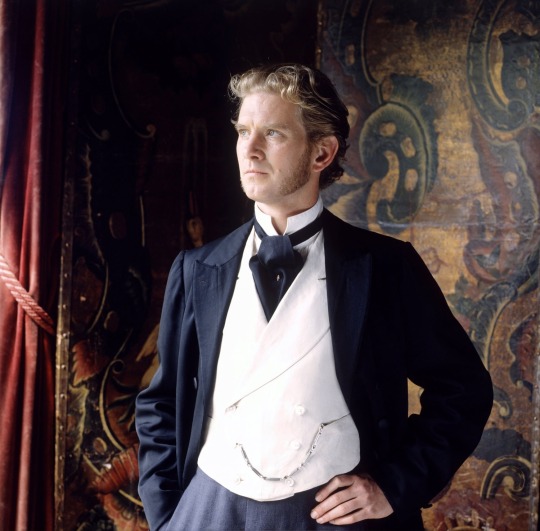
James Wilby photographed as Sir Percival Glyde in The Woman In White, in 1997.
#New and improved#Finally got the full sized worked on#James Wilby#Sir Percival Glyde#Portraits#The Woman In White#Adventures in Unwatermarking
42 notes
·
View notes
Text
Secrets and Scandals: An Adaptation of "The Woman in White"
Plot: Set in Victorian England, the series follows the lives of two half-sisters, Laura Fairlie and Marian Halcombe, who become entangled in a web of deceit and betrayal after they meet the mysterious and enigmatic figure known as "The Woman in White." As they uncover dark secrets about their own family and those around them, they must navigate through a society filled with corruption, manipulation, and greed.
Cast:
Laura Fairlie: A kind-hearted and naïve young woman who is engaged to the wealthy and charming Sir Percival Glyde.
Marian Halcombe: Laura's fiercely intelligent and independent half-sister who is determined to uncover the truth behind the mysterious woman in white.
The Woman in White: A ghostly figure who haunts the lives of Laura and Marian, leaving behind a trail of secrets and whispers.
Sir Percival Glyde: A cold and calculating aristocrat who will stop at nothing to protect his own interests.
Count Fosco: Sir Percival's charming and enigmatic Italian friend who holds the key to the secrets of the past.
Themes: The series explores themes of power, manipulation, identity, and the role of women in Victorian society. It delves into the complexities of family relationships, societal expectations, and the struggle for justice in a world filled with darkness and deception.
Episodes:
Episode 1: The Meeting
Episode 2: The Secrets Unveiled
Episode 3: The Woman in White
Episode 4: Betrayal and Deceit
Episode 5: The Unraveling
Episode 6: The Truth Revealed
As Laura and Marian delve deeper into the mysteries surrounding the woman in white, they must confront their own demons and make difficult decisions that will change their lives forever. Secrets and Scandals will keep viewers on the edge of their seats as they unravel the twisted web of lies and deceit that threatens to destroy everything they hold dear.)
0 notes
Text

Least suspicious possible thing to say
17 notes
·
View notes
Text
Bad Men in Victorian Literature
1. Henleigh Mallinger Grandcourt - Daniel Deronda
2. Damon Wildeve - The Return of the Native
3. Alec d’Urberville - Tess of the d’Urbervilles
4. Arthur Donnithorne - Adam Bede
5. Uriah Heep - David Copperfield
6. Jack Reddin - Gone to Earth
7. Mr. Huglet - Precious Bane
8. Colonel Altamont - The History of Pendennis
9. Mr. Morgan - The History of Pendennis
10. Sir Percival Glyde - The Woman in White
11. Nicholas Bulstrode - Middlemarch
12. Dunstan Cass - Silas Marner
13. Stephen Guest - The Mill on the Floss
14. Count Fosco - The Woman in White
15. Harry Carson - Mary Barton
16. Mr. Tulkinghorn - Bleak House
17. Mr. Vholes - Bleak House
To be continued…
#villains#Victorian villains#villains in Victorian literature#bad men#bad men in literature#victorian#victorian literature
1 note
·
View note
Note
Favourite Woman in White villain?
Oof, it has to be Sir Philip Fairlie, deceased embodiment of the patriarchy, right? Sir Percival was suitably hateable for a while, but it feels like he turned out to be too much of a loser in the end. And there's too much weird stuff going on with Fosco, from the fatphobia to the effeminacy to whatever it is that Collins has with foreigners.
But Sir Philip Fairlie is the villain who manages to be villainous from beyond the grave. Without him, there wouldn't be a story: if he'd encouraged his daughter to marry her own choice of husband, she would never have chosen Sir Percival Glyde; if he hadn't cheated on his (lovely) wife, the Laura/Anne switcheroo could never have taken place. I think he's done fucking up Laura's life now, but I wouldn't be surprised if something else sneaks out in the final chapters.
There's just something impressive about someone who is so awful in a novel that he's not even alive in.
12 notes
·
View notes